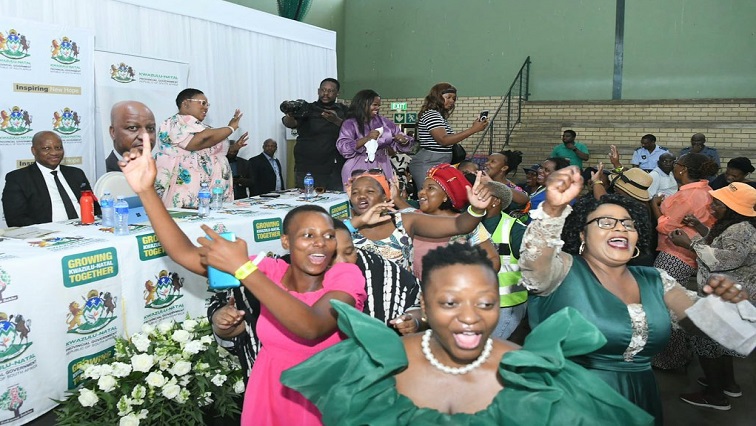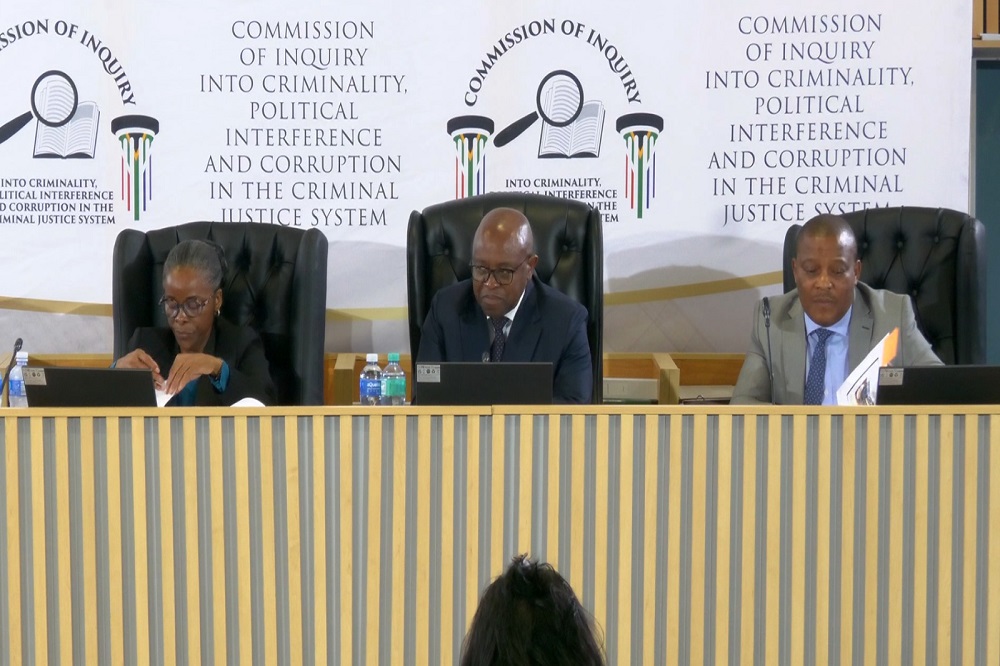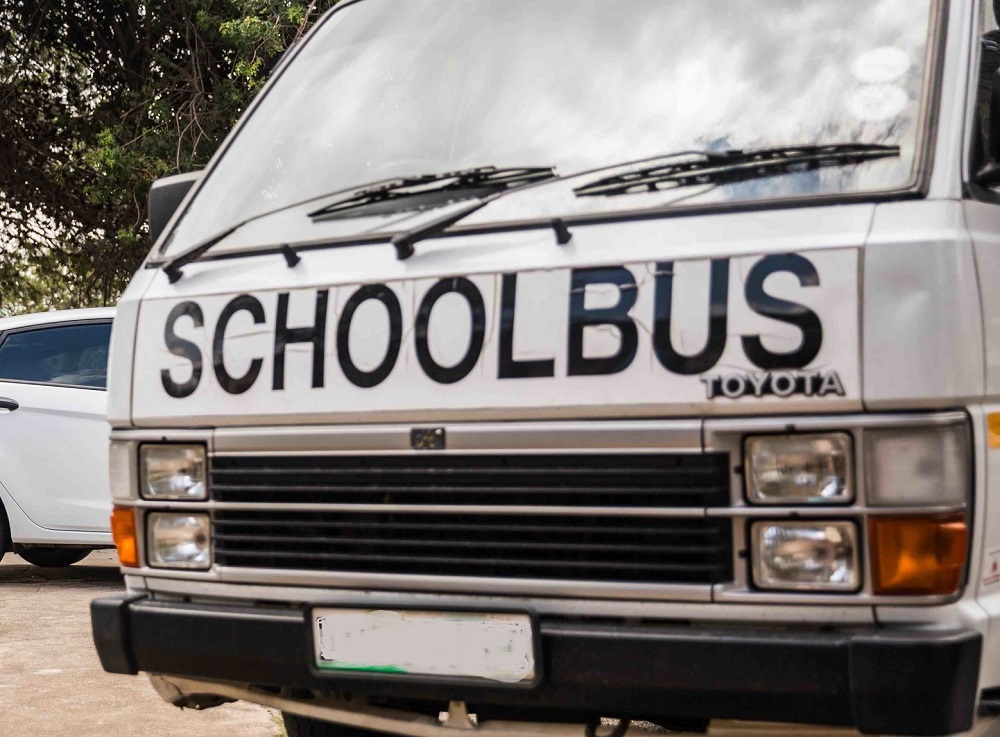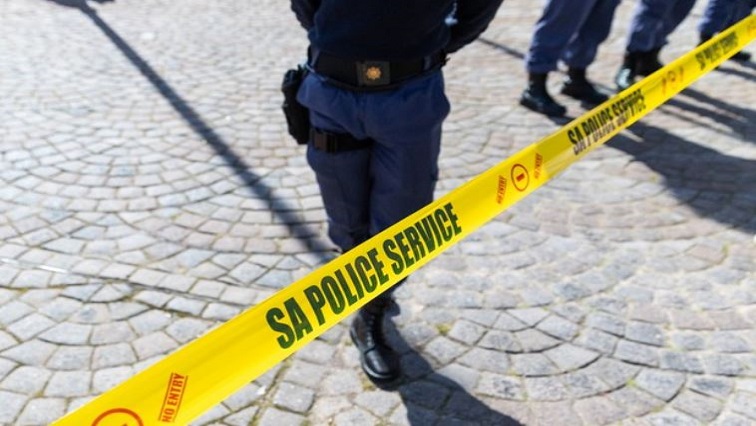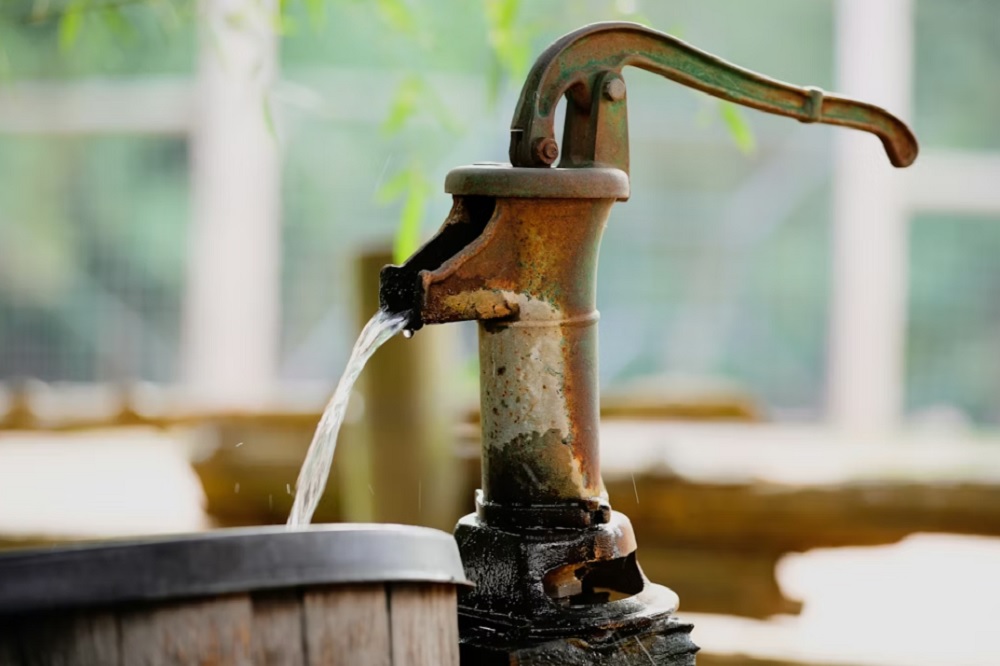-
International Women’s Day celebration in KZN
Women in KwaMashu in Durban say they still live in fear, as crime and gender-based violence continue unabated.
The KwaZulu-Natal government commemorated International Women’s Day in KwaMashu to recognise and celebrate women’s achievements.
International Women’s Day is observed annually on March 8th. The event was also a platform for women in the community to raise their concerns.
“We want to heal from the trauma we have experienced in our community. Our girl children are raped, and we are not getting justice as police have failed us. We are even threatened to go and withdraw cases, or we will be killed,” says one woman.
Another woman adds, “We are not safe even in our homes; criminals break into our houses with guns and rape us and our children. We are defenseless at times.”
“As women, we are very afraid. Sometimes at 6pm you get mugged, you get raped in your house, and sometimes it’s even your neighbors; the police station doesn’t take action. We need the community and province to help us more,” laments one woman.
GBV | HSRC study reveals 40% of SA women are victims of sexual, physical violence:
The provincial government says it has invested in programmes which are meant to empower women.
Premier of KZN Thami Ntuli says, “There is a fund called the Women Advancement Fund which has been launched with almost R200 million and more than that there are 10 fuelling stations and opportunities that are there for the women in the province and also agriculture. There are funding grants and another one on the side of the loans with interest that is reasonable. There are opportunities even on the youth fund women are also beneficiaries we are trying to organise women in KZN the sole purpose is empowerment.”
The government says it will intensify efforts to combat the scourge of violence and is working closely with law enforcement to create safer communities.
Despite the myriad of challenges, International Women’s Day is also a reminder of the nurturing role they play as mothers and caregivers in society and is also an acknowledgement of their leadership roles to help build economies in a male-dominated world.







